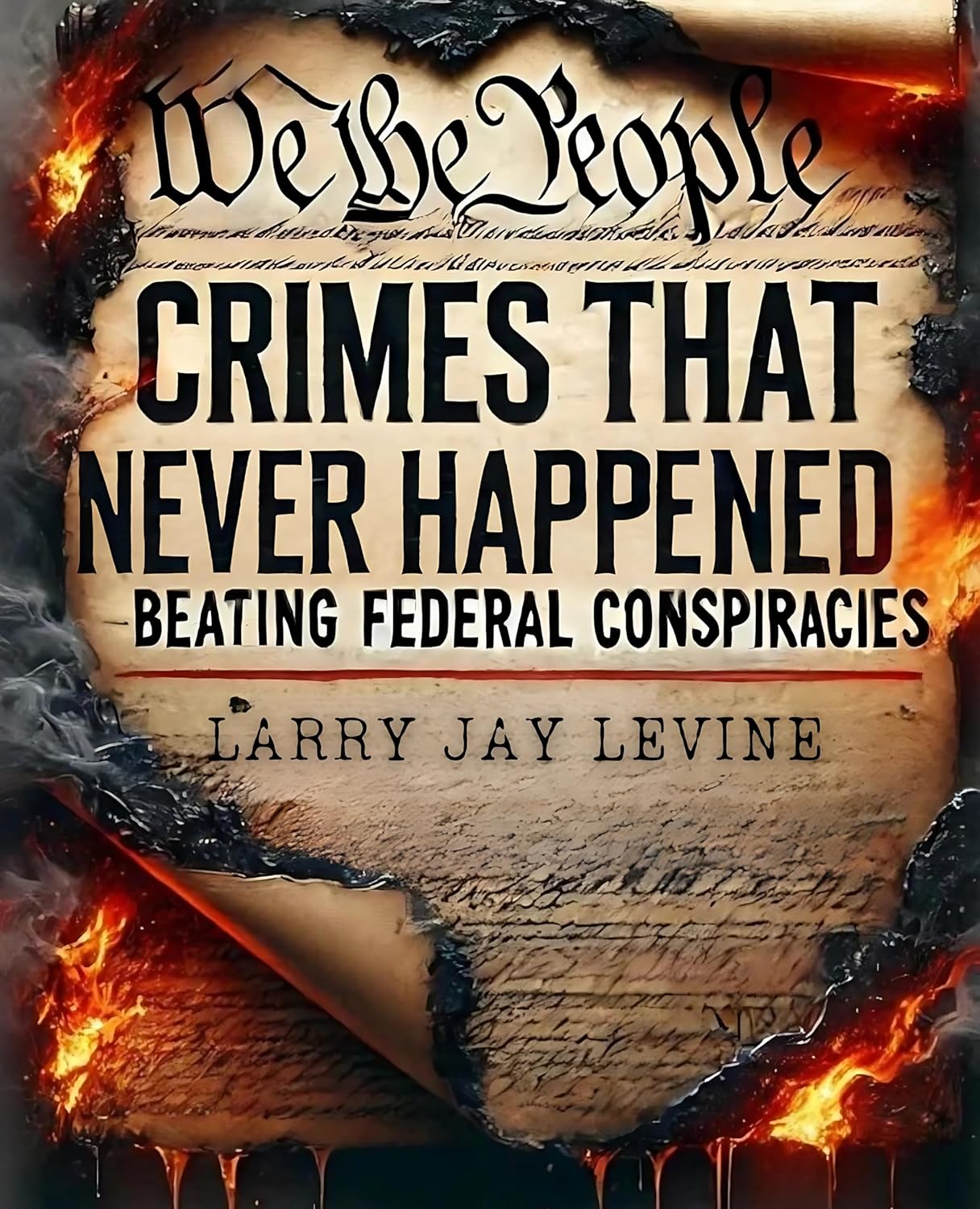What Are Bank Fraud Charges
Bank fraud is a serious federal offense defined under 18 U.S.C. § 1344, which makes it illegal to knowingly execute or attempt to execute a scheme to defraud a financial institution or obtain money, assets, or property through false pretenses. This crime doesn’t involve physical theft—it relies on deception, manipulation, or fraudulent tactics to unlawfully access funds.
Common Types of Bank Fraud Include:
- Check Fraud: Altering, forging, or counterfeiting checks.
- Loan Fraud: Falsifying information on loan applications.
- Wire Fraud: Illegally transferring funds through electronic systems.
- Identity Theft: Using stolen identities to open fraudulent accounts.
- Credit Card Fraud: Using stolen card information to make unauthorized purchases.
Facing Federal Tax Evasion Charges
If you’ve been charged with bank fraud, the reality is harsh—federal prosecutors have a conviction rate of over 90%, and sentences can be devastating. The federal government has the resources to investigate thoroughly, leaving little room for error.
How White Collar Advisory Group Can Help You
That’s where White Collar Advisory Group comes in. We prepare criminal defendants in dealing with the US District Court system, and while attorneys focuses on courtroom strategy, we focus on protecting your future by preparing you for the realities of federal prosecution and prison life.
Our services go beyond legal defense—we focus on what comes next:
- Sentencing Preparation: Learn how to present yourself effectively to mitigate sentencing outcomes, including strategies for the Presentence Investigation Report (PSR).
- Prison Consulting: Guidance on navigating the federal prison system, from security classifications to daily survival strategies.
- Sentence Reduction Strategies: Advice on qualifying for programs like RDAP, compassionate release, and sentence mitigation tactics.
- Post-Conviction Support: Assistance with halfway house placement, supervised release, and reentry strategies after prison.
We’ve helped countless clients navigate the federal system, and we’re ready to help you.
Contact Us Now
📧 Email: help@whitecollaradvisorygroup.com
📞 Phone: 480-745-2000`
Self Help Books by Larry Levine
 |
 |
How Federal Authorities Investigate Bank Fraud
Federal law enforcement agencies such as the FBI, IRS-Criminal Investigation Division, and the U.S. Secret Service aggressively pursue bank fraud cases. Investigations are often extensive, relying on advanced forensic techniques to uncover fraudulent activities.
Key Components of Federal Bank Fraud Investigations:
- Financial Subpoenas: To access bank statements, transaction histories, and electronic records.
- Surveillance: Monitoring financial transactions and communication patterns.
- Forensic Accounting: Tracing the flow of money through complex financial networks.
- Digital Evidence: Analyzing emails, encrypted communications, and digital footprints.
- Witness Interviews: Including bank employees, financial experts, and potential co-conspirators.
The government builds its case on paper trails, digital records, and detailed financial audits to prove fraudulent intent.
Federal Sentencing Penalties for Bank Fraud
Bank fraud carries some of the harshest penalties in federal court. Under 18 U.S.C. § 1344, the maximum sentence can be devastating:
- Up to 30 years in federal prison
- Fines up to $1 million per count
- Mandatory restitution to affected financial institutions
Factors That Influence Sentencing:
- Financial Loss Amount: Higher losses can lead to longer sentences.
- Use of Sophisticated Means: Involving complex fraud schemes or advanced technology.
- Number of Victims: Cases with multiple victims often receive harsher penalties.
- Criminal History: Prior convictions can increase sentencing severity.
- Abuse of Trust: If the defendant held a position of trust (like a bank employee), enhancements apply.
Sentencing Enhancements Apply If:
- Fraud exceeds $250,000 in losses.
- The offense involved forged documents or false identities.
- There was coordination with multiple conspirators in organized fraud rings.
Sentencing follows the Federal Sentencing Guidelines, which assign offense levels based on the severity of the crime and other factors.
Frequently Asked Questions About Bank Fraud
- What is the difference between bank fraud and wire fraud?
Bank fraud specifically targets financial institutions, while wire fraud involves the use of electronic communications to commit fraud, which may or may not involve banks. - Can I go to prison for bank fraud even if no money was stolen?
Yes. Even attempting to commit bank fraud is a federal crime punishable by up to 30 years in prison. - What happens during a federal investigation for bank fraud?
Federal agencies will issue subpoenas for financial records, conduct surveillance, analyze digital evidence, and interview witnesses. - Is it possible to avoid prison for bank fraud?
It depends on the specifics of the case. Early legal intervention, effective defense strategies, and plea negotiations can sometimes reduce or eliminate prison time.
Does cooperating with federal prosecutors help in bank fraud cases?
Cooperation may reduce a sentence, but it comes with legal risks. Always consult with experienced counsel before agreeing to cooperate.

